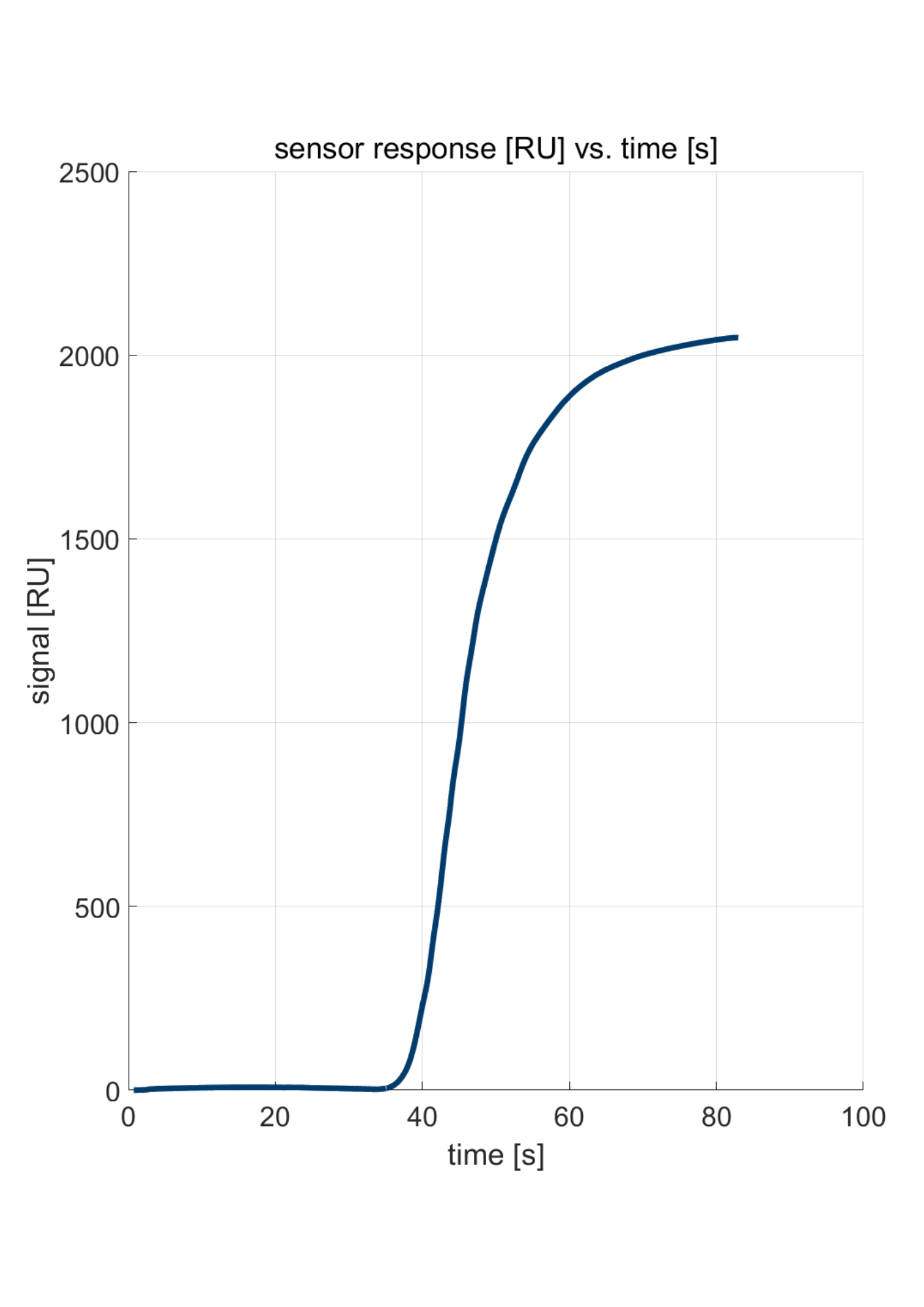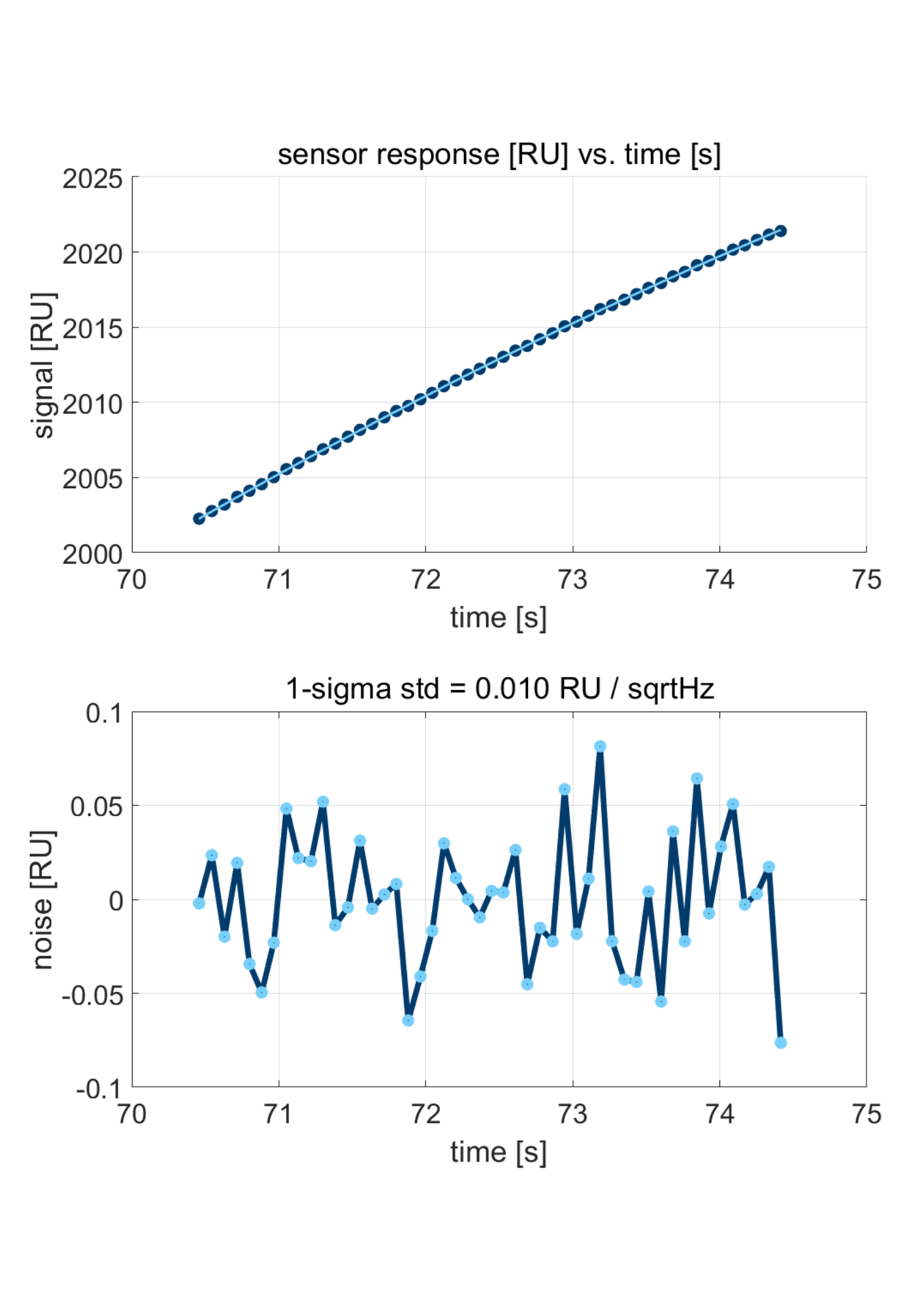Press Release Series A Funding
Press Release
Delta Life Science raises €5.25 million in Series A Funding to Revolutionize Biosensing Technology
Rotterdam, May 9, 2023 – Dutch start-up, Delta Life Science, a leader in label-free, multiplexed biosensing, announced today that it has successfully secured Series A funding of €5.25 million.
The funding round was made possible by a consortium of four investors: i&i Biotech Fund, Oost NL, InnovationQuarter and PhotonDelta. The investment will fuel the company’s ambitious vision of making rapid, sensitive, and low-cost biosensors accessible to all, transforming the Life Sciences industry and paving the way for novel and faster solutions in Life Sciences research.
Delta Life Science is a TNO spin-off that simplifies biosensing, the detection of biomolecules, using photonic integrated circuits. This cost-effective method accelerates Life Sciences research and enables multiplexing to analyze multiple biomolecules at once.
“Securing Series A funding marks a significant milestone for Delta Life Science, validating our technology and our vision to create multiplexed biosensing,” says Guy Dewil, CEO of Delta Life Science. “We are grateful to our investors for their support and strongly believe in our mission. This investment will accelerate the launch of our first product. It will unlock the full potential of our biosensing technology to drive discoveries in Life Sciences.”
“We are thrilled to accompany Delta Life Science in developing such a promising cutting-edge biosensing technology for both industry and academic research. We firmly believe that Delta´s technology can effectively bring a significant improvement in the biosensing arena. We are convinced, the interest of industrial partners for this technology maintains the committed team of Delta on the right trajectory to future success,” says Karel Kubias, Partner at i&i Biotech Fund.
“The Delta Life Science team is poised to disrupt the Life Sciences industry with our cutting-edge photonic biosensing technology,” says Bart de Boer, CTO of Delta Life Science. “Today’s scientists need more answers, faster. We create highly-sensitive label-free biosensing instruments enabling our customers to accelerate their research tremendously.”
With initial funding from TNO and UNIIQ, the company has grown into a highly experienced and well-balanced team, tirelessly perfecting its biosensing technology. The Series A funding will propel the company forward as its first product launch approaches. This will enable the company and its key partners from the Overijssel region to further develop next-generation biosensor systems for real-time biomolecule detection in samples.
Notes to Editors:
About Delta Life Science
Delta Life Science, headquartered in Rotterdam, The Netherlands, is committed to revolutionizing biosensing technology by making label-free, multiplexed biosensors and instruments accessible to all. The company’s innovative approach to biosensing, using photonic integrated circuits, reduces the complexity and cost of traditional lab methods. By providing a rapid, sensitive, low-cost solution, Delta Life Science aims to empower researchers and industry professionals to make groundbreaking advancements in Life Sciences.
About Oost NL
Oost NL is the development company of the Eastern Netherlands. It is strengthening the regional economy on behalf of the Ministry of Economic Affairs and Climate Policy and the provinces of Overijssel and Gelderland, by investing public money in entrepreneurs in the east of the Netherlands. In addition to these financial resources, Oost NL also makes its knowledge, expertise and network available.
For more information, please visit www.oostnl.nl.
About InnovationQuarter
InnovationQuarter manages €300 million in funds. It is one of the most active investors in the Netherlands and invests in disruptive startups & scale-ups that contribute to a cleaner, smarter, and healthier world. High risk, but also high impact. InnovationQuarter invests from four funds: IQCapital, UNIIQ, ENERGIIQ, and the Energy Transition Fund Rotterdam. InnovationQuarter is the regional economic development agency for the greater Rotterdam The Hague area. InnovationQuarter finances innovative and fast-growing companies, assists international companies in establishing their businesses in this region, and facilitates (international) collaboration between innovative entrepreneurs, knowledge institutes and government.
About PhotonDelta
PhotonDelta is a growth accelerator for the integrated photonics industry. Over the years, PhotonDelta has built an ecosystem of organisations that design, develop and manufacture next generation chip technology. PhotonDelta actively supports the ecosystem by stimulating collaboration, providing funding, and connecting to markets.
About i&i Biotech Fund (i&i Bio)
i&i Bio is a Luxembourg-based venture capital firm that invests in innovative European Life Sciences companies focused on drug discoveries, medical devices, diagnostics, and digital health. The Fund was created thanks to the cooperation of the biotech incubator i&i Prague and the European Investment Fund (see below). With over €47M under management, i&i Bio plans to invest in about 20 early-stage companies. i&i Bio is led by an experienced team of professionals with backgrounds in private equity, healthcare and venture capital supporting entrepreneurs on their journey to global success. Thanks to close cooperation with the fund’s main sponsor, the biotech academic incubator i&i Prague, i&i Bio is supporting and advancing transformative Central European technology companies.
For more information visit www.inibio.eu.
About the European Investment Fund
The Fund is supported by an investment from the EIF, with the support of:
- lnnovFin Equity, with the financial backing of the European Union under Horizon 2020 Financial Instruments and the European Fund for Strategic Investments (EFSI) set up under the Investment Plan for Europe. The purpose of the EFSI is to help support financing and implementing productive investments in the European Union and to ensure increased access to financing; and
- the Pan-European Guarantee Fund (EGF), implemented by the EIF with the financial support of the Participating Member States. The objective of the EGF is to respond to the economic impact of the COVID-19 pandemic by ensuring that companies in the Participating Member States have sufficient short-term liquidity available to weather the crisis and are able to continue their growth and development in the medium to long-term.
Press Contact:
Contact Name: Bart Stenneken, Delta Life Science
Phone Number: +3165463508






